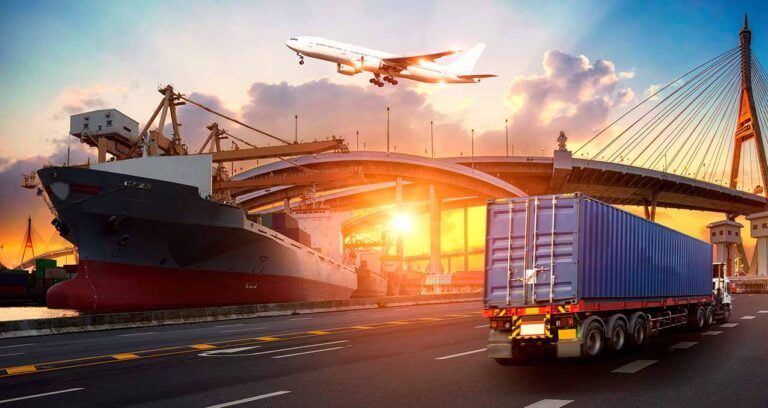The decarbonization of logistics flows is emerging as an imperative to enhance the operational efficiency of the sector and support Morocco’s vision as a competitive corridor.
Route optimization, transport pooling, the use of alternative fuels, and investments in sustainable infrastructure are essential measures to strengthen the sustainability of logistics flows. From procurement to delivery, logistics, as an energy-intensive sector, must reduce its carbon footprint. In addition to the ecological benefits, this transition could also improve operational efficiency and the competitiveness of the sector.
The National Transport and Logistics Company (SNTL) of Morocco has recognized this challenge and is committed to a decarbonization process. Through a call for tenders, it is launching a roadmap to reduce greenhouse gas (GHG) emissions from its activities. This process will be extended to all its institutional partners and carriers. This initiative aims to reduce production costs, enhance energy supply security, and meet the demands of both national and international customers.
Furthermore, Morocco is fully committed to promoting sustainable mobility. Recently, Minister Mohamed Abdeljalil emphasized this commitment during the presentation of cooperation projects with Germany in this area. These projects aim to strengthen environmental policies in the transport sector, focusing on improving the energy efficiency of the vehicle fleet.
The decarbonization of the Moroccan logistics sector is also of interest to the European Bank for Reconstruction and Development (EBRD). Discussions have taken place on ways to finance projects related to sustainable mobility, particularly in the decarbonization of the logistics sector. The recent seminar held in Tangier allowed for discussions on solutions to reduce the carbon footprint of transport and logistics between Morocco and the European Union.
In conclusion, the transition to decarbonized logistics is a crucial challenge for Morocco, but also an opportunity to enhance its competitiveness and environmental sustainability in an increasingly climate change-focused global context.
With ALM


